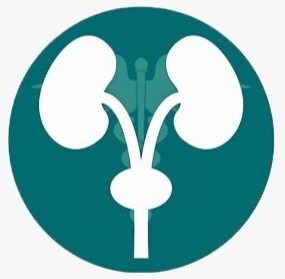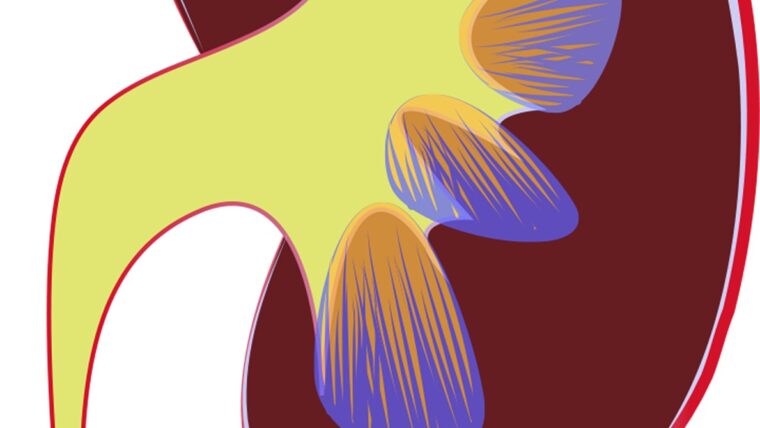The kidneys are an essential part of our body’s waste management system. They filter the blood and remove waste products, excess fluids, and toxins from the body. Therefore, it is crucial to maintain healthy kidneys by following a healthy diet. In this article, we will discuss the best foods to eat and avoid for kidney health.
Healthy Diet for Kidney Health: The Best Foods to Eat
- Vegetables:
Vegetables are an excellent source of essential vitamins, minerals, and fiber. They are also low in calories and have a high water content, which can help keep your body hydrated. Some of the best vegetables to eat for kidney health include:
- Broccoli
- Cauliflower
- Cabbage
- Spinach
- Kale
- Bell peppers
- Onions
- Garlic
- Fruits:
Fruits are a great source of vitamins, minerals, and antioxidants. They are also low in sodium, which is essential for kidney health. Some of the best fruits to eat for kidney health include:
- Apples
- Berries
- Citrus fruits (oranges, lemons, limes, grapefruits)
- Grapes
- Kiwi
- Pineapple
- Whole Grains:
Whole grains are a good source of fiber, vitamins, and minerals. They are also low in sodium and high in potassium, which is essential for kidney health. Some of the best whole grains to eat for kidney health include:
- Brown rice
- Whole wheat bread
- Quinoa
- Barley
- Oatmeal
- Lean Proteins:
Protein is essential for building and repairing tissues in the body. However, people with kidney disease need to limit their protein intake. Some of the best lean protein sources for kidney health include:
- Fish
- Skinless chicken
- Turkey
- Eggs
- Tofu
- Nuts and seeds
Healthy Diet for Kidney Health: Foods to Avoid
- Sodium:
Sodium can increase blood pressure and cause fluid buildup in the body. People with kidney disease should limit their sodium intake to 1,500 milligrams per day. Some of the foods high in sodium include:
- Processed foods (chips, crackers, canned foods)
- Frozen meals
- Fast food
- Condiments (ketchup, soy sauce, salad dressings)
- Potassium:
Potassium is essential for kidney health, but people with kidney disease need to limit their intake. High levels of potassium can cause muscle weakness, irregular heartbeat, and even heart failure. Some of the foods high in potassium include:
- Bananas
- Oranges
- Tomatoes
- Potatoes
- Avocado
- Spinach
- Phosphorus:
Phosphorus is a mineral that is essential for bone health. However, people with kidney disease need to limit their intake. High levels of phosphorus can cause bone disease and cardiovascular problems. Some of the foods high in phosphorus include:
- Dairy products (milk, cheese, yogurt)
- Nuts and seeds
- Whole grains
- Chocolate
FAQs
Can a healthy diet prevent kidney disease?
A healthy diet can help prevent kidney disease by reducing the risk of high blood pressure, diabetes, and heart disease.
How much water should I drink for kidney health?
Drinking enough water is essential for kidney health. People with kidney disease should drink enough water to produce at least two liters of urine per day.
Can I eat meat if I have kidney disease?
People with kidney disease need to limit their intake of meat because it is high in protein. However, they can still include small portions of lean protein sources in their diet, such as fish and skinless chicken.
Conclusion
Maintaining a healthy diet is essential for kidney health. Eating a balanced diet that is low in sodium, potassium, and phosphorus can help keep your kidneys functioning properly. It is also important to drink enough water to stay hydrated. By following these guidelines, you can reduce the risk of kidney disease and promote overall health and wellbeing. Remember, healthy eating is a lifestyle choice that can help you live a longer, happier, and healthier life.





